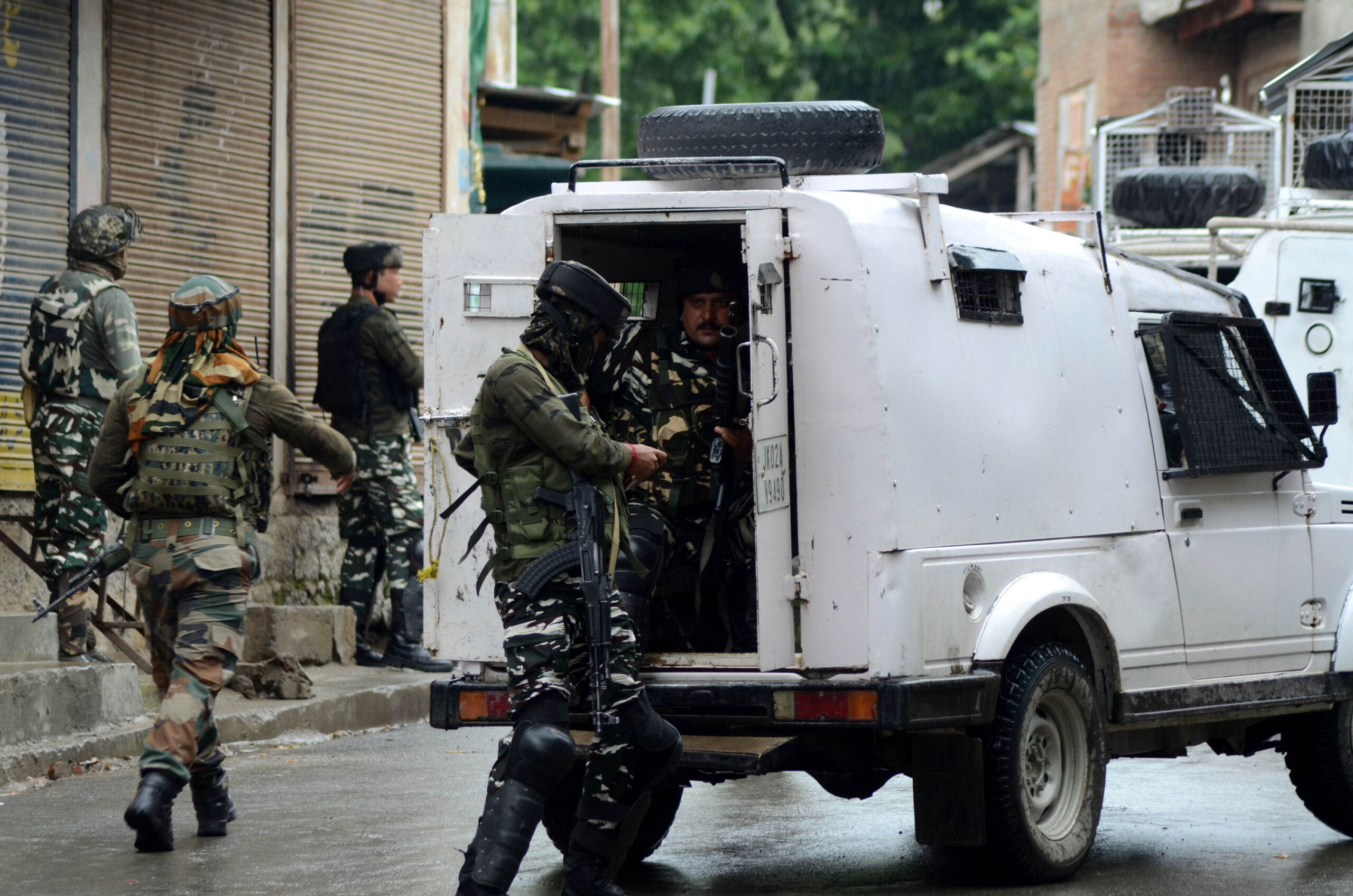
India’s pursuit of Tahawwur Hussain Rana’s extradition from the United States is not merely a legal matter; it represents a calculated extension of India’s geopolitical agenda under the veneer of counterterrorism. The extradition demand must be understood within the broader context of “lawfare”—the strategic use of legal instruments to achieve political objectives. By projecting the narrative of Pakistan’s culpability in the 2008 Mumbai attacks through such extradition efforts, India seeks not just judicial satisfaction but a global affirmation of its constructed security discourse. However, this instrumentalization of justice raises troubling questions about selective accountability and double standards in India’s regional security policy.
At the heart of India’s campaign lies a troubling contradiction. While it calls for international solidarity in prosecuting alleged perpetrators of terrorism linked to Pakistan, India simultaneously sponsors and executes covert operations that flagrantly violate international law. The most glaring example remains the arrest of Commander Kulbhushan Jadhav, an active-duty Indian naval officer, by Pakistani authorities in 2016 inside Balochistan. Jadhav’s confessional statement, corroborated by material evidence and validated through consular processes, exposed India’s direct involvement in subversion, espionage, and sabotage within Pakistan’s sovereign territory. The silence of India’s legal advocates on Jadhav’s extralegal activities illustrates a selective legalism that undermines its professed commitment to international norms.
Further eroding India’s credibility is its growing involvement in transnational repression. Recent revelations from U.S., Canadian, and British intelligence agencies have implicated Indian state actors in plotting assassinations of Sikh activists on foreign soil, including the foiled attempt on Gurpatwant Singh Pannun in New York City (April 2025). The indictment of Indian national Vikash Yadav, an alleged operative of India’s external intelligence agency RAW, represents not an isolated transgression but a pattern of extrajudicial operations targeting dissent abroad. These assassination plots have triggered diplomatic crises, expulsions of Indian diplomats, and growing international scrutiny of India’s covert activities.
Ironically, the very accusation India levels at Pakistan—of sponsoring terrorism across borders—is being substantiated against India itself through mounting evidence of its state-sponsored terrorism. From covert support to the Tehrik-i-Taliban Pakistan (TTP) and Balochistan Liberation Army (BLA) to direct material assistance to militant proxies operating from Afghan territory, India’s destabilization strategy in Pakistan is well-documented in dossiers submitted to the United Nations and other international bodies. This proxy warfare architecture is designed to bleed Pakistan economically, socially, and politically while preserving India’s deniability in the international arena.
In this context, India’s narrative of victimhood, exemplified by its framing of the Mumbai attacks, serves a dual purpose: delegitimizing Pakistan in global fora while masking its own intelligence and security failures. The Mumbai attacks, tragic as they were, exposed systemic vulnerabilities within India’s intelligence apparatus. Yet, rather than pursuing introspection and institutional reform, India embarked on a “blame externalization” strategy, focusing diplomatic and media efforts on implicating Pakistan as the sole architect of terrorism in South Asia. The Rana extradition is thus less about judicial resolution and more about reinforcing this global narrative.
Compounding this duplicity is India’s aggressive deployment of “narrative warfare”—the crafting and dissemination of simplified binaries of “good India” versus “bad Pakistan” across international media and diplomatic channels. This narrative construction is facilitated by India’s expansive influence operations, leveraging diaspora networks, lobbying groups, and sympathetic media ecosystems in Western capitals.
Furthermore, India’s regional hegemonic posture has alienated smaller neighbors, reinforcing perceptions of neo-imperialism across South Asia. From blockading Nepal during constitutional disputes to interfering in the domestic politics of Sri Lanka, the Maldives, and Bangladesh, India’s coercive diplomacy undermines its self-image as a benign regional leader. Its strategy of destabilizing neighbors through covert support for dissident movements—while demanding global sympathy as a terrorism victim—reflects a Janus-faced foreign policy that cannot withstand international scrutiny.
Against this backdrop, Pakistan’s diplomatic counteroffensive gains strategic significance. By consistently presenting evidence of India’s covert operations at international forums, Islamabad challenges the legitimacy of India’s selective counterterrorism narrative. Pakistan’s advocacy for third-party mediation, regional counterterrorism cooperation, and multilateral engagement contrasts sharply with India’s unilateralist and securitized approach.
In conclusion, India’s pursuit of Tahawwur Rana’s extradition symbolizes more than a quest for justice—it encapsulates a broader strategy of “weaponized justice”, where legal processes are deployed to advance geopolitical narratives while ignoring parallel violations. As evidence mounts of India’s extrajudicial actions abroad, its credibility as a responsible international actor erodes. For the international community, this moment demands more than rhetorical equivalence; it requires holding India accountable under the same normative frameworks it invokes against others. Failure to do so risks normalizing a dangerous precedent of selective accountability, thereby undermining the very principles of international law and order.
